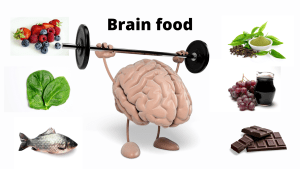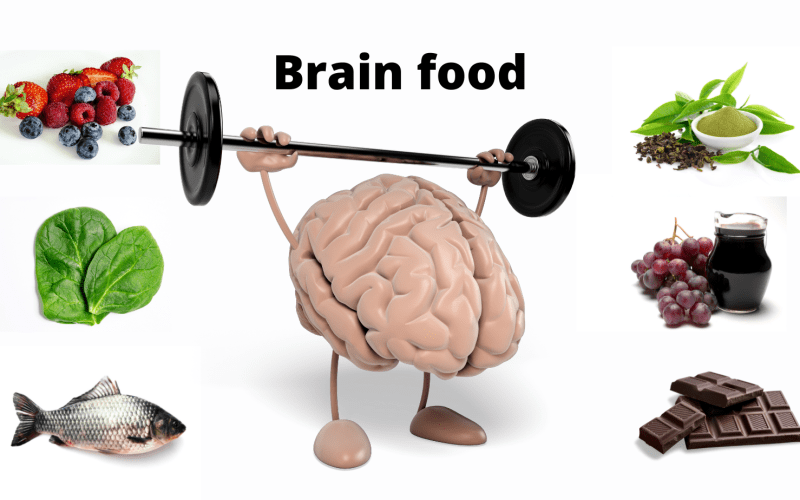Introduction
The MIND diet, renowned for its focus on brain-boosting foods, presents a promising approach to support cognitive health. However, concerns about its long-term sustainability, practicality, and integration into daily routines often arise. This comprehensive exploration delves into the feasibility of adhering to the MIND diet over the long term, addressing concerns regarding variety, practicality, and strategies to seamlessly incorporate its principles into daily life.
Feasibility of Long-Term Adherence to the MIND Diet
Variety in Food Choices
One common concern is the perceived lack of variety when following a specific diet. However, the MIND diet offers a broad spectrum of food choices within its recommended categories:
- Leafy Greens: Options like spinach, kale, collard greens, and broccoli allow for diverse meal variations.
- Berries: Blueberries, strawberries, raspberries, and blackberries offer versatility in dishes and snacks.
- Nuts: Varieties such as walnuts, almonds, pistachios, and cashews provide options for different tastes and textures.
- Fish: Incorporating various types of fatty fish ensures diversity in omega-3 intake.
- Olive Oil: Extra-virgin olive oil can be used in various cooking methods and dressings.
- Whole Grains: Options like brown rice, quinoa, barley, and oats add variety to meals.

Image By: https://nectarspring.com/
Flexibility and Adaptability
The MIND diet’s flexibility allows individuals to adapt and personalize meals according to personal preferences, dietary needs, and cultural cuisines. Substituting or rotating food items within recommended categories ensures diversity and prevents monotony.
Practicality and Integration into Daily Life
Meal Planning and Preparation
Planning meals in advance and preparing larger batches of MIND diet-friendly foods can streamline the cooking process, saving time and effort during busy days. Incorporating brain-boosting foods into simple recipes, such as salads, stir-fries, and grain bowls, can simplify meal preparation.
Snack Alternatives
Utilizing brain-healthy snacks like mixed nuts, fresh berries, yogurt parfaits, or vegetable sticks with hummus allows for convenient and nutritious snacking, aiding in adherence to the MIND diet throughout the day.
Dining Out and Social Situations
Maintaining the MIND diet while dining out or in social gatherings might seem challenging. However, opting for dishes featuring recommended foods, such as salads, seafood, or vegetable-based entrees, and practicing mindful portion control can align with the diet’s principles while enjoying social occasions.
Incorporating MIND Diet Principles into Daily Life
Gradual Transition and Lifestyle Integration
Gradually integrating MIND diet principles into daily life can enhance sustainability. Start by incorporating one or two aspects of the diet into meals and gradually expand to include more brain-boosting foods over time.
Recipe Exploration and Experimentation
Exploring diverse recipes aligned with MIND diet principles fosters creativity and enjoyment in meal preparation. Experimenting with new flavors, cuisines, and cooking methods adds excitement to the diet, encouraging long-term adherence.
Mindful Eating Practices
Incorporating mindful eating habits, such as savoring each bite, practicing portion control, and paying attention to hunger and fullness cues, aligns with the MIND diet’s holistic approach to overall well-being.
Community and Support Systems
Joining communities or support groups focused on the MIND diet can provide encouragement, tips, and recipe ideas, fostering a sense of community and motivation for sustained adherence.

Conclusion
The long-term sustainability and practicality of the MIND diet rest on its flexibility, variety, and integration into daily life. While initial concerns about monotony or constraints may arise, the diet’s diversity in food choices and adaptability offer numerous possibilities for sustained adherence. By incorporating brain-boosting foods, meal planning, exploring new recipes, and adopting mindful eating practices, individuals can seamlessly integrate the MIND diet principles into their lifestyle. Embracing a gradual transition, seeking community support, and finding enjoyment in cooking and eating nourishing meals aligned with the MIND diet fosters a sustainable and practical approach to long-term cognitive health. Ultimately, the MIND diet’s viability for long-term adherence lies in its capacity to be both beneficial and enjoyable within individual lifestyles.












